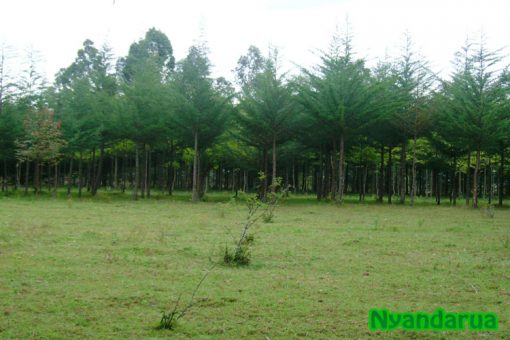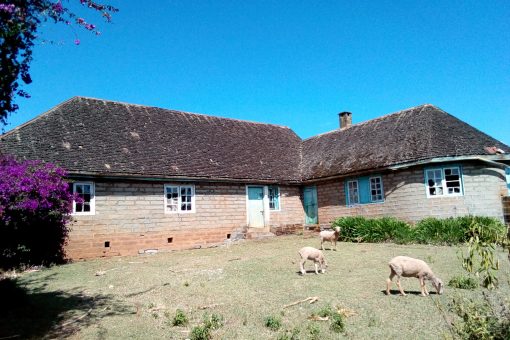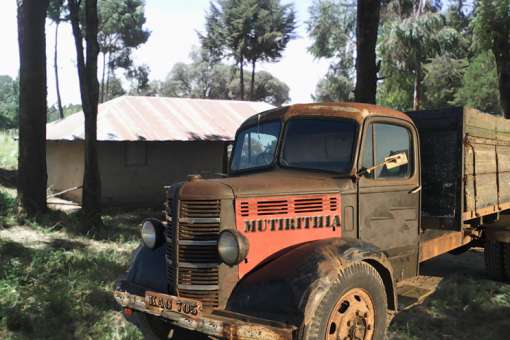But we were so glad to have our Gikuyu relatives for those two weeks, one week prior to the wedding and another week after. They were in no rush to leave and that suited us perfectly. There was so much food in our home, our stomachs were bursting at their seams, but we had high carrying capacity like diesel engines. Sheep were slaughtered every other day giving us a chance to eat nyama choma, boiled meat, mutura, ndundiro and meat in every meal for the entire two weeks.
There was bread for breakfast every morning and a 1kg tin of Blue Band was standing in our kitchen cupboard, a very rare sight. There were crates of soda everywhere and we drank it like soda was going out of style.
Our relatives had brought with them tonnes of arrowroots, sweet potatoes, bananas, sugar cane, yams and various fruits, all food items that did not grow in OlKalou, making them such a wonderful treat for us. They also brought huge gourds (inya) of fermented porridge (ucuru wa gukiyo), something we had never tasted before.
There were bigger gourds (nyanja) that contained Muratina, the traditional Kikuyu home brew. Every evening a bonfire was lit under a makeshift shed where the adults sat, chatting happily sipping Muratina from long horns (hia) that the Gikuyu people had brought with them. These Gikuyu people came prepared to party. That was the first time we saw adults dance Mwomboko, the famous Gikuyu dance simply referred to as Meeri na Kuuna (Two steps and dip) We had never seen such fun in our home before. We had never seen our parents that excited before. We wished our Gikuyu relatives could live with us forever, but after two weeks they packed up and left and it was back to business as usual.
One very important thing the visiting relatives did for us as children was that; they made us see a side of our parents we had rarely seen before. Relaxed, happy, generous and fun. That made us realize the ‘war’ face our parents maintained for us was just a front to keep us in line. But who can blame them. I would have done the same if I had a bunch of kids like us.
We also got to see ourselves in our Gikuyu relatives. They were loud, dramatic, easy going, loved to eat and they were a lot of fun once you got to know them. That was a perfect description of us kids even at that young age. We were exactly like our Gikuyu relatives. And with that, we knew who we were and where we descended from, and we were proud.



